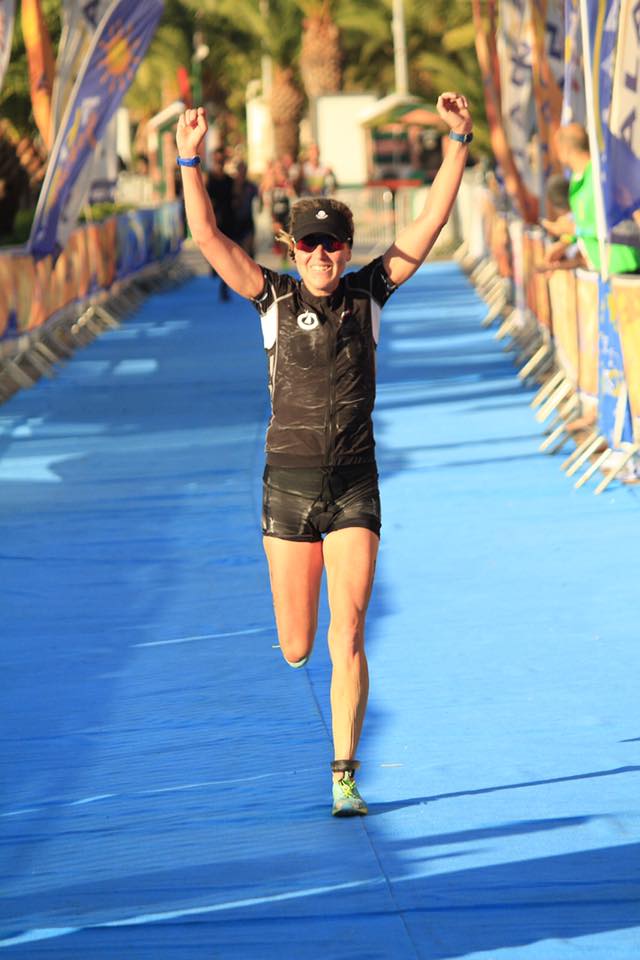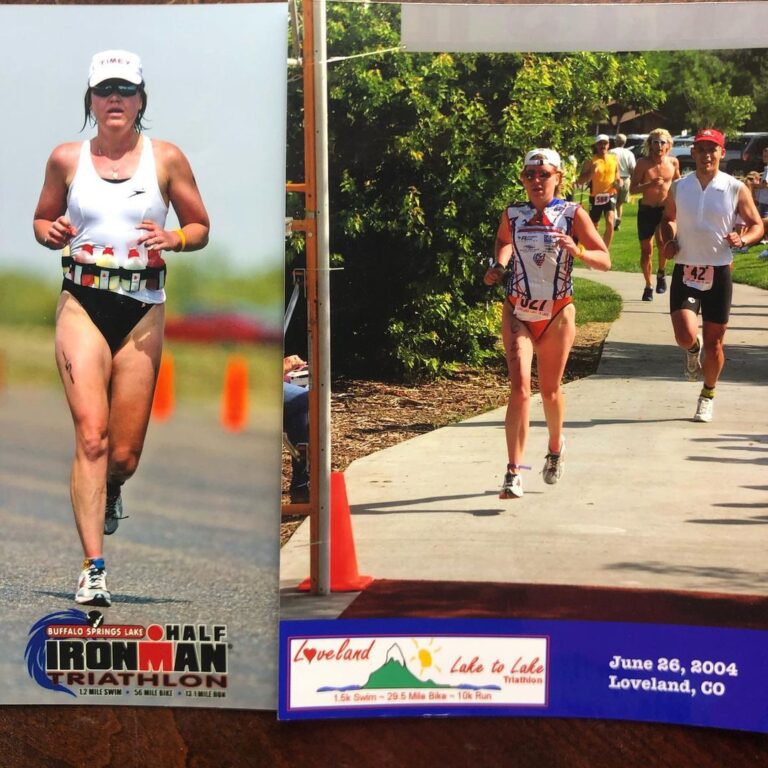“A goal without a plan is just a wish” so is a resolution. Do you have a plan for how you’re going to get to the start line and then cross the finish line of your first triathlon?
My first triathlon was in 1992, I was the swimmer. I watched the event and knew immediately I wanted to train and complete the entire, ½ mile swim, 12 mile bike and 4.5 mile run the following year. Read more about my experience here. 28 years later I am still competing, it is my lifestyle.
Frequently Asked Questions
Q. I am just getting started in triathlon and have a bike and can run but I can’t swim more than one length without being breathless. HELP!
A. If you are just getting started and want to complete a sprint distance triathlon and swimming is your weakest event, invest in a good swim instructor. Look for an instructor who does video analysis and spend as much time in the water as you can. Click on the link to learn how you can send me a swim and run video for analysis.
Q. I want to follow a training plan but there are so many to choose from – where do I start?
A. I recommend including 2 runs, 2 bikes, 2 swims, and 2 strength training sessions per week. Each session should be 20-60 minutes in duration.
Training sessions can vary widely from athlete to athlete, depending on your goals and ability but some examples may include:
Swimming – swim with a masters group or take some swimming lessons.
Cycling – take a spin class, practice skills and drills on a bike trainer, or ride outside.
Running – run one day focused on skills and drills and on another day build up a longer run at least the distance of your event. Try to add a run after one of your bike sessions.
When your goal is to finish under a certain time, the intensity of training becomes more critical and you may want to invest in some coaching to help you balance frequency, intensity and duration within your training plan.

Q. What gear will I need to complete my first triathlon?
A. Swim-suit, cap, goggles, running shoes, bike, helmet, tri shorts and top. Most of us also have cycling shoes, cycling tools, tri suit, wetsuit (pending open water),
Some triathletes invest in the aero tri bike, wheels, aero bottles, power meter, heart rate monitor, nutrition, training plan, coaching…and the list goes on and on.
To get started, invest in the basics, a swimsuit, running shoes, bike and helmet.
Q. What do I eat while training?
A. Firstly you need to identify what your nutrition plan is now? Knowing where you are and what your goals are, will help determine what you need to change, if anything..

Q: How do I determine how fast to swim, bike and run?
A: I use Rate Of Perceived Effort when coaching beginner athletes. If you’re goal is to finish in a certain time, then training with intensity, either with a power meter or heart rate monitor, becomes invaluable.
When it comes to cycling, right now the gold standard for measuring performance is power/wattage.
In running, you can set goals using either pace or heart rate or power These can determine via a lactate threshold test in a lab or a simple field test during a 5k or treadmill session,
I use a variety of protocols to test athletes and use the data from the test to set training zones. When I work with runners and multisport athletes I focus on HR and pace for running, heart rate or power for biking, and pace for swimming.
Q. What do I do for strength training?
A. Strength training is a positive element for triathletes to implement. The question is, what type of strength work is going to maximize triathlon fitness?
From P90X Crossfit, Yoga, and Pilates, to “functional” strength, it is easy to get a bit confused about what specific program can best fit the needs of our sport.
Over the course of your new triathlon lifestyle you will figure out what is best for you. The bottom line is you MUST incorporate some mobility strength training for injury prevention, maintaining lean body mass, and general health.
Q. What supplements should I take?
A. Firstly, ask yourself what your reason is for wanting to take supplements? If you eat a clean balanced nutrition plan you might not need to spend money on supplements. There are a variety of supplements including energy bars and drinks, protein powders, or supplements like vitamins and minerals. For the latter, consult with your physician and get a blood test to determine if you should be taking supplements.
What kind of energy bar, gel or hydration depends on one’s taste. Start with using what is on the course for your event and then start trailing a variety of products. You need to like what you are ingesting or else you will not use it.

Create SMART goals. Make sure you have a specific goal in mind, organize yourself and manage your time to make sure you achieve your goal. Take advantage of any collaborative help that you have at your disposal.
Find an accountability partner with the same goals as you. Facebook is the platform for support group. my Health, Fitness and Sport Accountability group on Facebook for more support. You’ll find that you’re not alone but you’ll also find people like you achieving success! .
If at first the plan is not working, change the plan, not the goal and Enjoy the process


